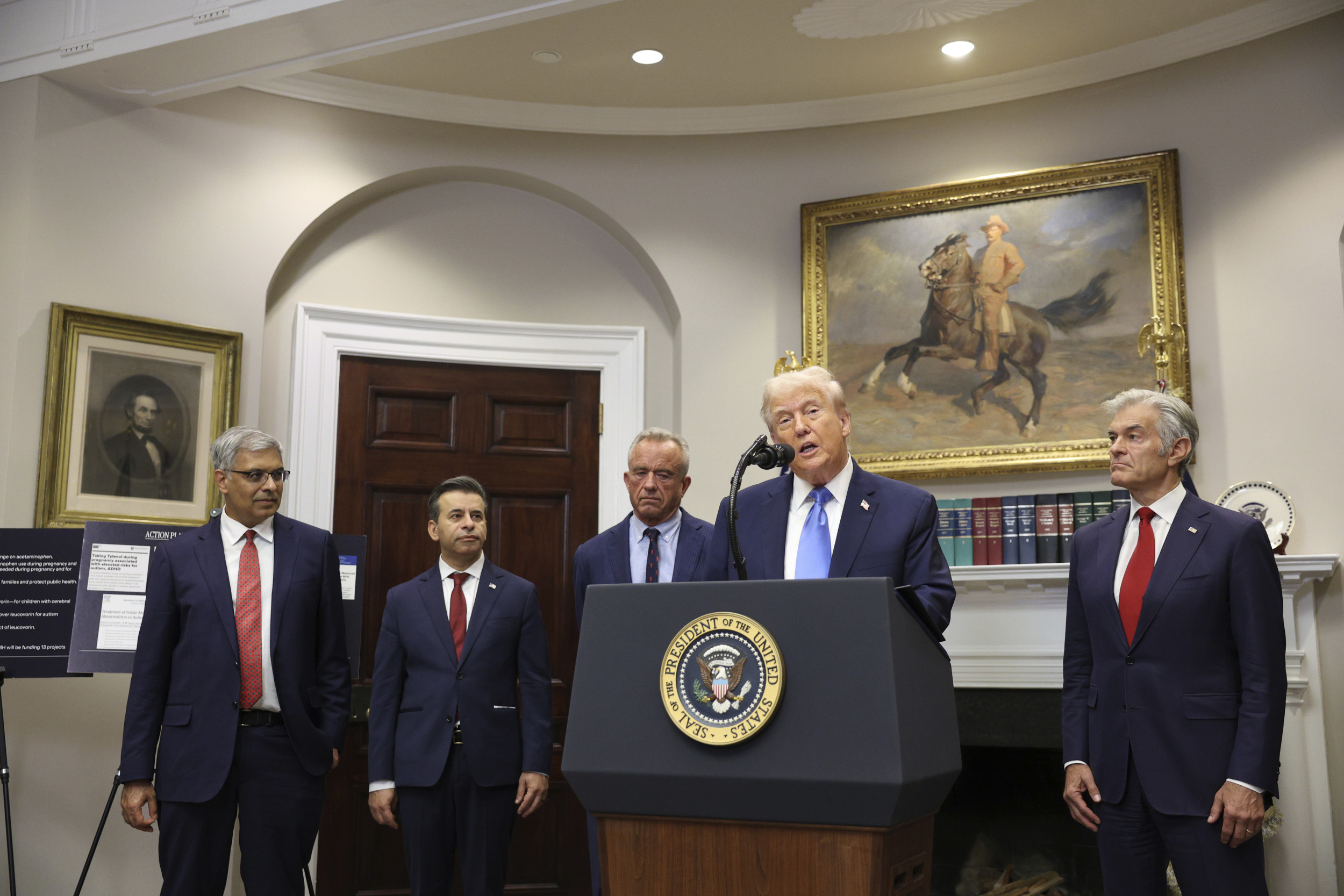
Media hype, partisan spin, and the addiction to national narratives are turning every local race for office into a battle for America’s soul, even when it’s not.
Another election, another round of over-the-top reactions. A Democrat wins a Wisconsin Supreme Court seat, and it’s instantly framed as a “referendum on Trump” or a “watershed moment for democracy.” Two Republicans win congressional races in Florida, and that’s somehow proof that Trump’s influence is alive and well. A Democrat performs slightly better than expected in a deep-red county, and it’s seen as evidence that the tide is turning. Enough already.
Both parties, and the media ecosystem that feeds off them, are desperate to turn every local election into a sweeping national narrative. But most of these races don’t mean much beyond their immediate jurisdictions. The urge to spin every outcome into a historic shift in American politics says more about our addiction to drama than it does about the reality on the ground.

ROBIN LEGRAND/AFP via Getty Images
Take Escambia County, Florida. In Tuesday’s special election, Democrat Gay Valimont outperformed expectations, losing to Trump-endorsed Jimmy Patronis by 3 points in a county Trump won by 19 just a few months ago. On cue, the headlines rolled in, “Cracks in Trump’s Base,” “Florida Shift?” as if the political earth had moved. But Valimont still lost the race. Turnout was drastically lower than in the presidential election. Escambia’s shift might say something about Valimont’s local appeal, or just those who bothered to show up that day. Either way, it doesn’t mean Florida’s turning blue. Sometimes an outlier is just that.
Look at the Wisconsin Supreme Court race. Democrats and Republicans alike spent months treating it like the fate of democracy itself hung in the balance. A record-breaking $98 million poured into the race, $25 million of it from Elon Musk alone. But in the end, Susan Crawford’s win wasn’t a shock. It was a fairly predictable result in a swing state that has become the political world’s favorite Rorschach test. Everyone sees what they want to see in Wisconsin. It’s not a bellwether—it’s a blank canvas.
The media treated Elon Musk’s donation like some massive, failed gamble. But let’s put it in perspective, $25 million for him is the equivalent of someone with $14,000 spending a dollar. That’s not a strategic investment. That’s a shrug with a lot of zeroes behind it. If anything, Musk is probably more annoyed at the wasted time than the outcome. But he still makes a convenient scapegoat for conservatives who’d rather blame a foreigner than face their own strategic failures.
Meanwhile, two Republican candidates won congressional seats in Florida—each by double-digit margins. Yes, those results got plenty of coverage. But much of it was drenched in speculation about what it meant for Trump’s grip on the party, or whether Democrats should be “worried.” The actual outcome—Republicans winning comfortably in Republican districts—wasn’t exactly shocking. But even routine results are now served up with layers of analysis designed to inflate their national significance.
This relentless need to pull national meaning out of every special election, mayoral race, or judicial contest isn’t thoughtful analysis, it’s content production. It’s about clicks, not clarity. The political-media class is hooked on spectacle and allergic to nuance. Every race is presented as a sea change. Every swing of a few percentage points is treated like the opening of the Ark of the Covenant.
Of course, local elections matter. They have real consequences for the people who live in those communities. But the idea that a court race in Wisconsin is a preview of the 2026 midterms is a reach. So is the idea that two Republican wins in Florida tell us something new about Trump. Voters are inconsistent. Politics is unpredictable. And history rarely moves in clean, straight lines.
But nuance doesn’t trend, so we get the usual headlines: “Surprising Shift in Red State,” “Democrats Gaining Ground,” “Trump’s Grip Strengthened.” These stories often feel pre-written. The facts are just plugged in later.
The real damage of this breathless coverage isn’t just fatigue, it’s distraction. The constant churn of election narratives covers up a deeper problem in American politics: a lack of real conviction. Too many political leaders are focused on messaging over governing. Too many media outlets are chasing engagement instead of accuracy. And the public is left drowning in a sea of hot takes and half-truths, trying to make sense of what—if anything—actually matters.
Not every election is a turning point. Not every outcome is a signal. Sometimes, a win is just a win. Sometimes, a loss is just a loss. And maybe if we stopped trying to force every vote into some grand national drama, we’d have more room for honest conversations about what’s really going on in American life.
Until then, we’ll keep spinning our wheels—treating every minor result like a message from the future, while ignoring the mess right in front of us.
Jesse Edwards is director of Newsweek Radio & Podcasting, and the host of Newsweek Radio.
The views expressed in this article are the writer’s own.




